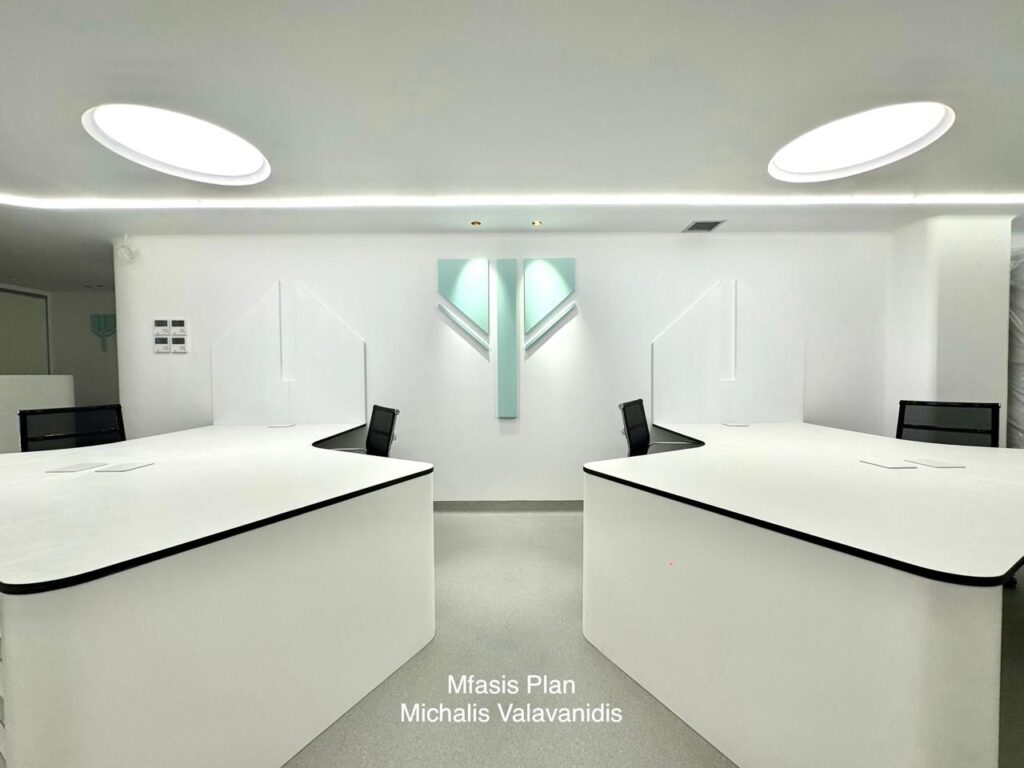We primarily decide the protein we want to produce antibodies against and generate hundreds of clones of B-cells that each produce a different antibody.
Then we carefully choose which antibody fits best to your needs and expand this clone, we culture it in order to isolate and purify as much antibody as possible to store.
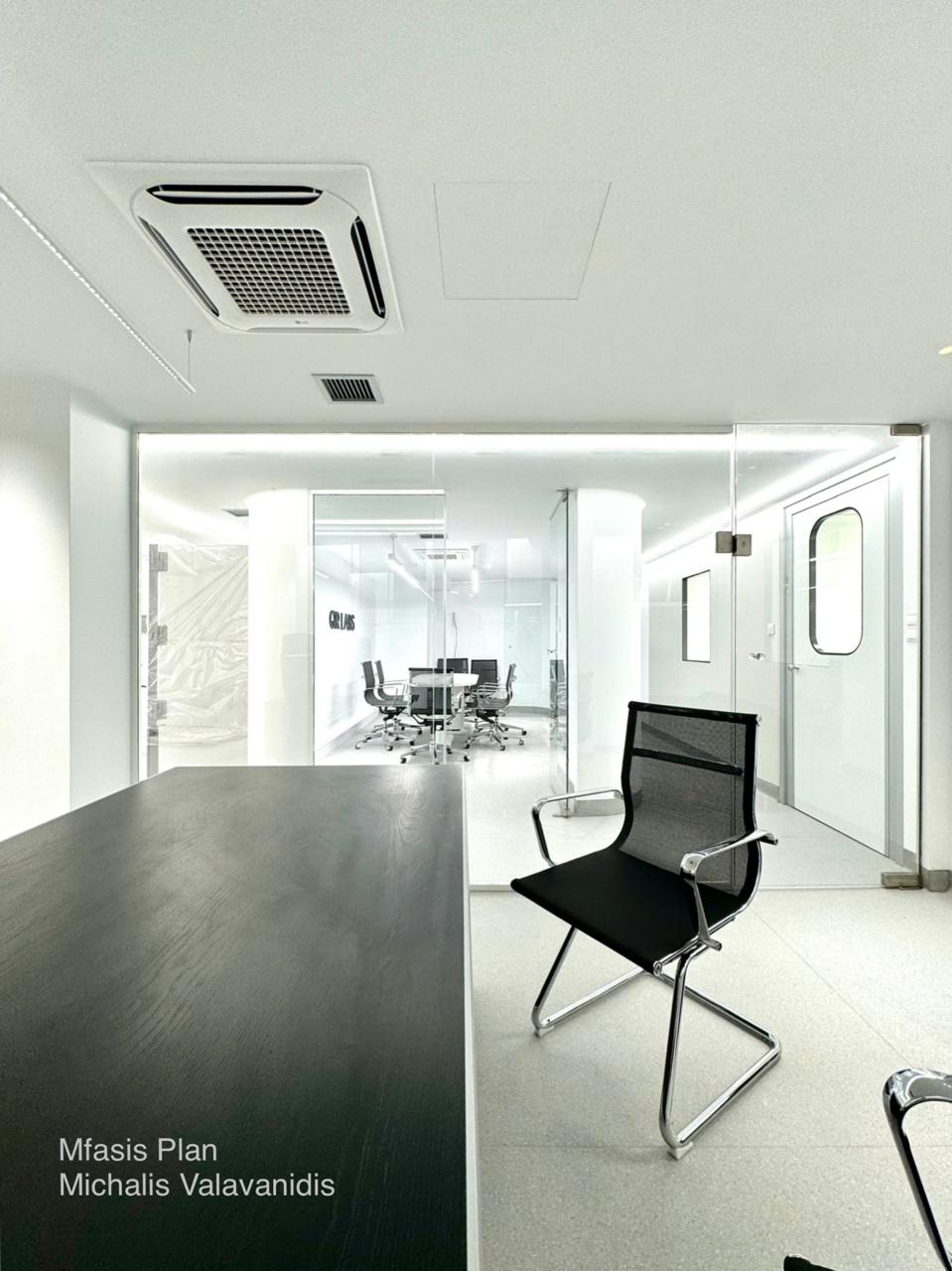
Another method to store antibodies indefinitely is in lyophilized form which is dried solid form of the antibody, users can dilute it in their preferred buffer once they choose to use it.
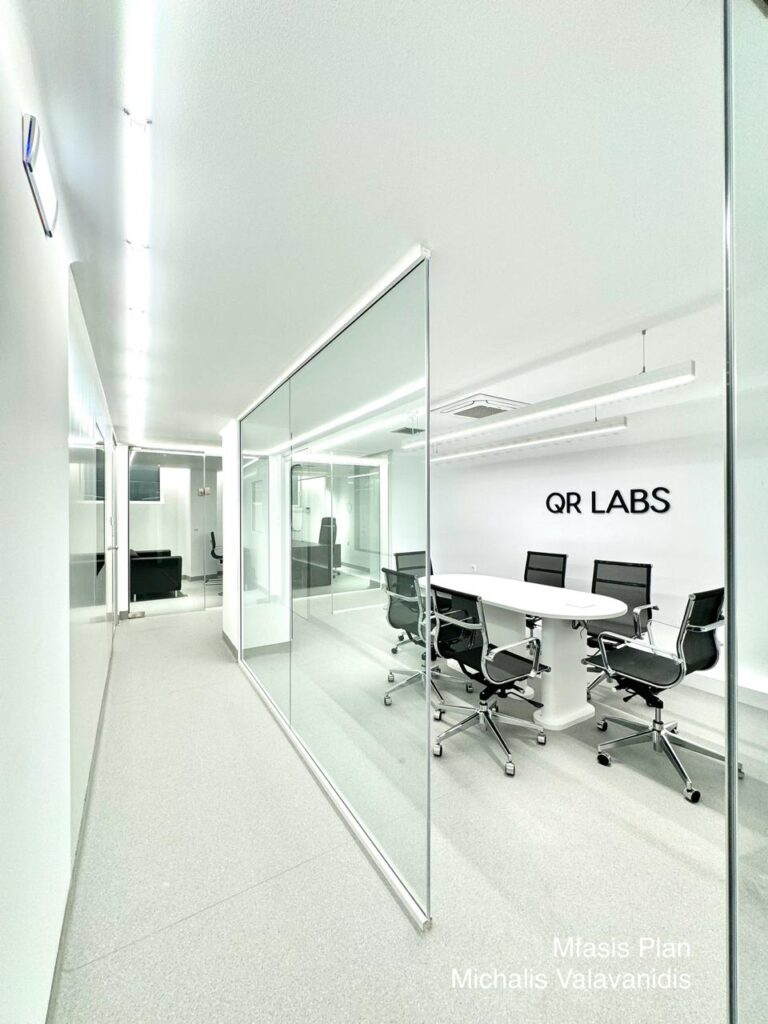
Each antibody produced in large quantities will be thoroughly tested and validated using various techniques, including immunohistochemistry, immunochemistry, FACS, western blotting images and con-focal microscopy, proving that the antibody is doing what it is supposed to do.
All of our antibodies are extensively validated and data generated in the validation stage will be included in the data sheet of the antibody
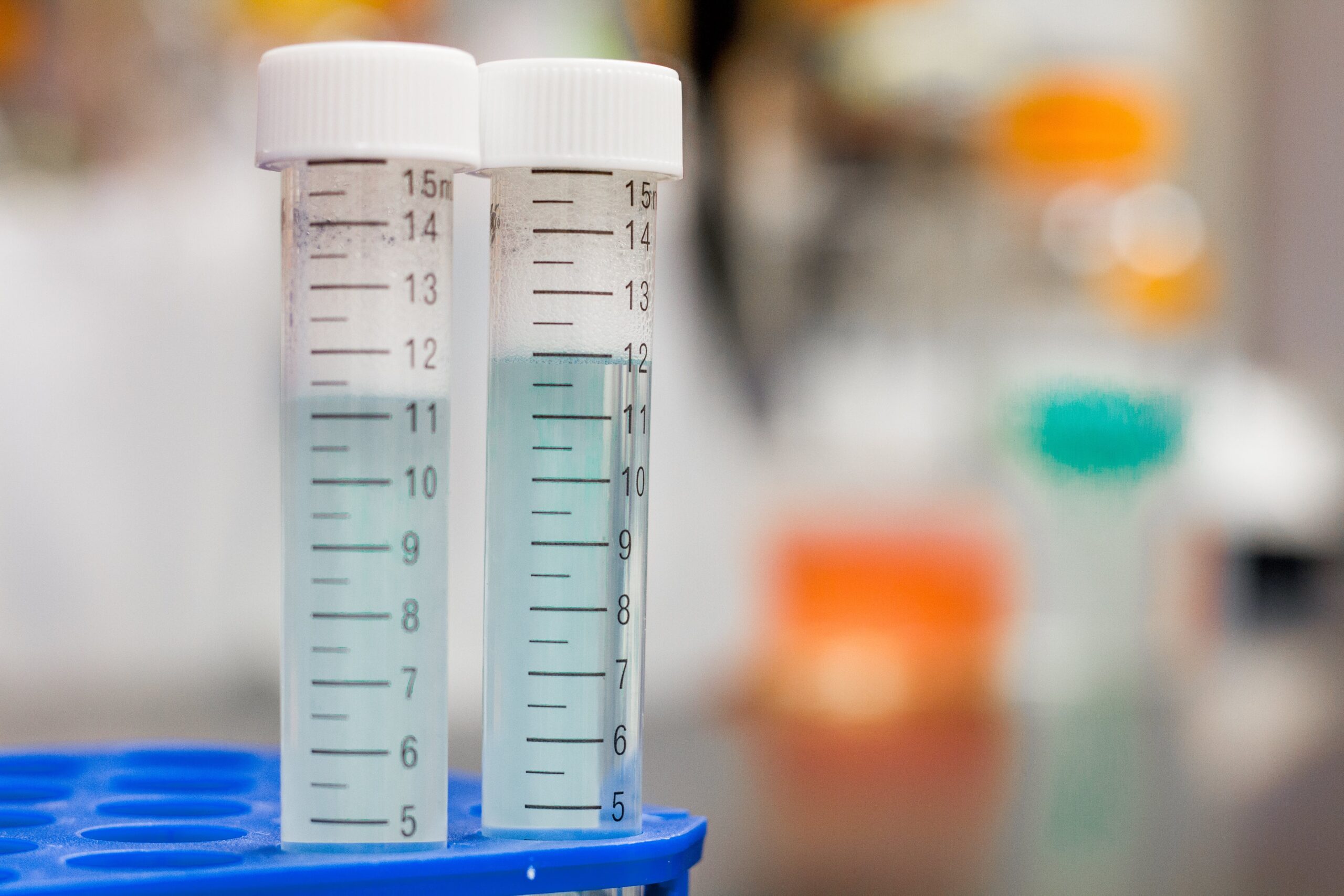
At the heart of our antibody production lies a meticulously crafted methodology.
Our team of experienced scientists employs state-of-the-art techniques to ensure the development of high-quality antibodies. From antigen selection to purification, every step is executed with precision and care.
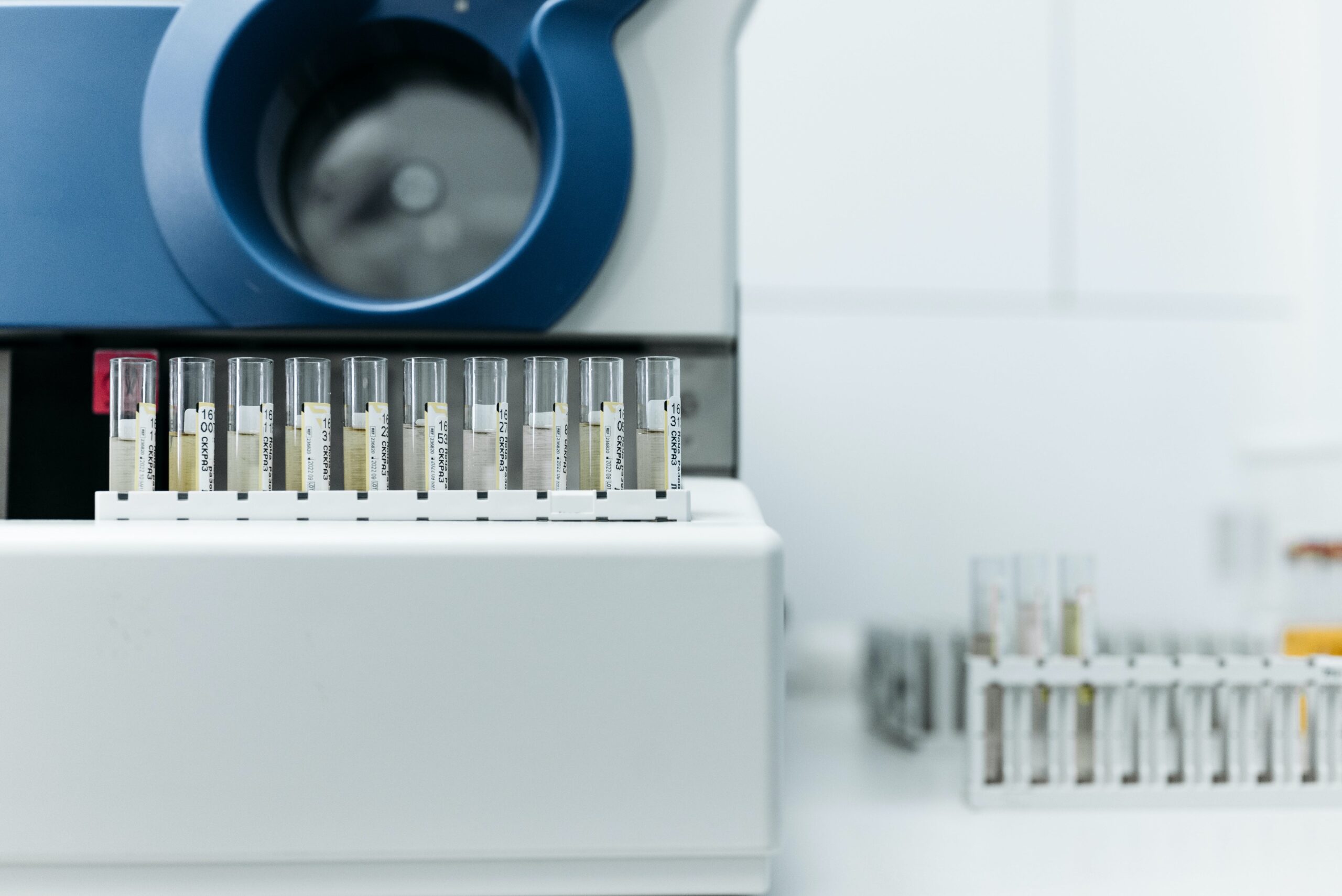
We adhere to the highest ethical standards in all our processes.
Our commitment extends beyond scientific excellence to the ethical and environmentally friendly sourcing of materials. Rest assured, your research is making a positive impact without compromise.
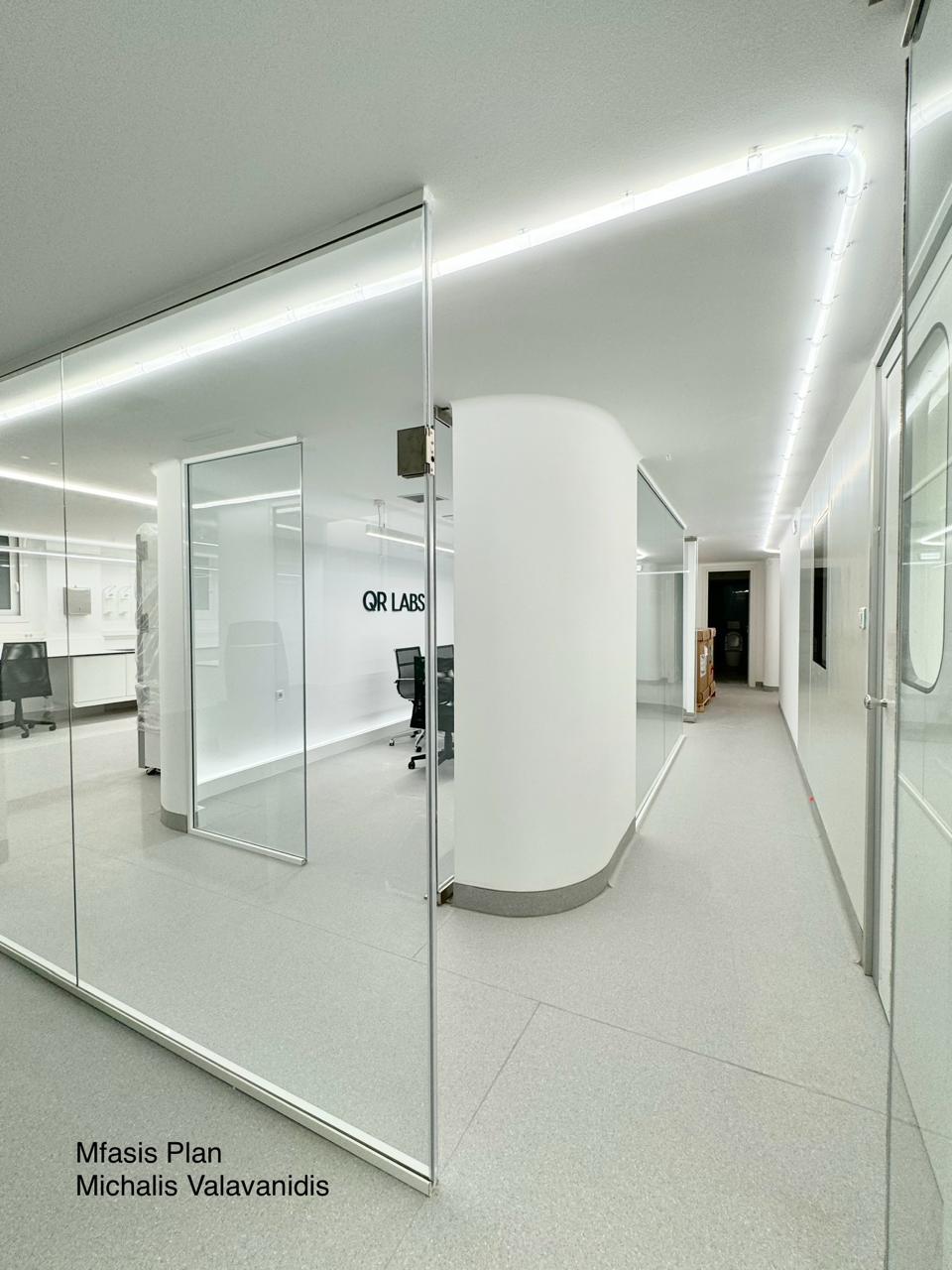
Choose QR LABS for antibody production that transcends excellence, where methodology, ethics, and scientific prowess converge to propel your research forward.
Contact us today to discuss your antibody production needs or to learn more about our validation processes.
